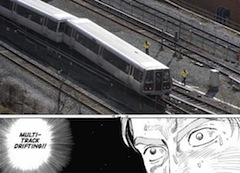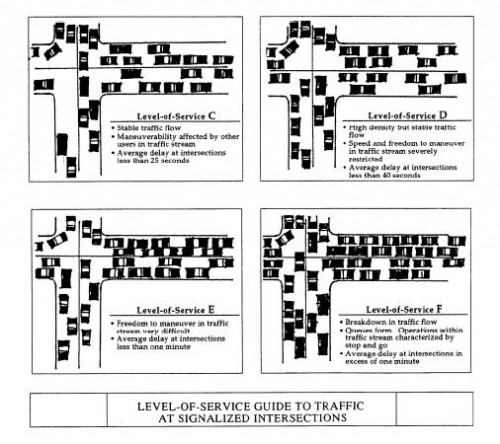
‘WMATA Blogger Roundtable’
courtesy of ‘Samer Farha’
[Editorial update: We had no idea Catoe would tender his resignation today. And apparently, neither did anyone else at the meeting, except for Mr. Catoe.]
Wednesday afternoon at Metro HQ, we had a chance to sit down with the General Manager, John Catoe, along with ten of our closest blogfriends here in the District. No limits, all on the record, just our recorders and our questions and him. Before we get into the rest, I’d like to thank our contact at Metro, Ron Holzer, for putting this together. Getting direct access to the head of the transit agency is a pretty special thing, and I thank him for the opportunity.
If you’ve ridden Metro in the last few weeks, you’ve experienced the worst that the system has to offer: long delays, packed trains and stations, the system is at a boiling point. Tempers flare from riders and employees, and things are out of hand. We talked a bit about the root causes of the situation we’re in, and much leads back to the Crash of June 22nd. Metro relies on its Automatic Train Operation (ATO) system to operate at its highest efficiency levels. ATO allows for higher speeds, better control in a delayed operation situation, and right now it’s not available to the operations staff. That’s a choice made by Catoe and the Metro Board, until such time as they have the final NTSB report, and until they have the realtime detection system in place and operating. That’s months away at this point, with no clear timetable in place other than “this year.”
Better than that, Catoe admitted that they’re having an engineering problem since they went to mixed-model trains (to move the 1000-series cars to the center of trains) with doors not operating properly and sometimes not accepting the proper signals to close or open, which has lead to some of the platform crowding that we’re seeing on a daily basis. So that’s where we are. And we’re likely facing that sort of delay well into the Spring, when we’re looking at potential fare hikes and service cuts. But what about that shortfall? Continue reading →





















